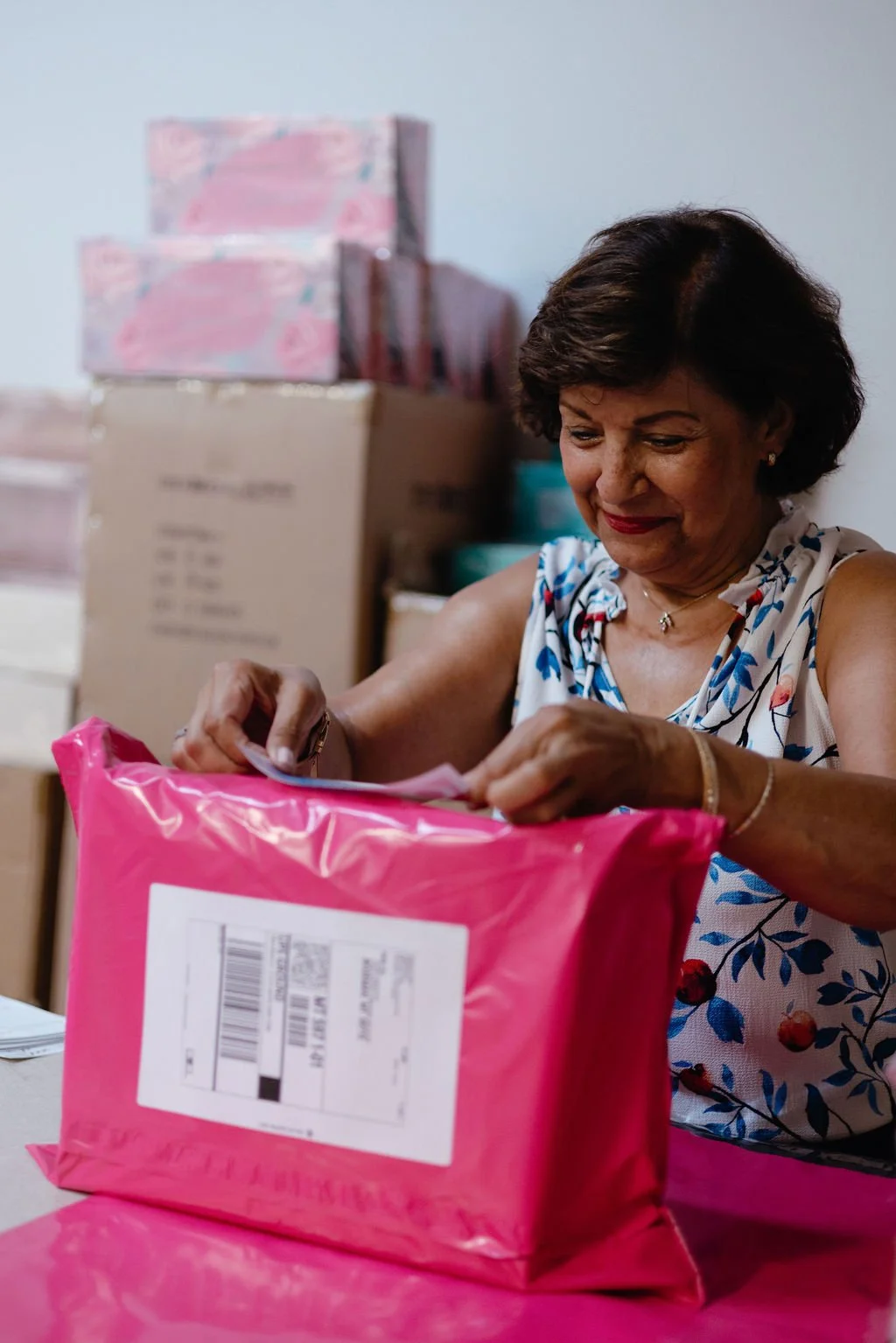Support a Loved One
A cancer diagnosis is a life-altering event, and supporting a loved one through this journey requires compassion, understanding, and practical help. Here’ s a guide to help you provide meaningful support.
Emotional Support: The Power of Presence
-
Often, the most crucial support is simply being there to listen without judgment. Let your loved one express their fears, anger, sadness, or even hopes, without interrupting or trying to “fix” things. Acknowledge their feelings and validate their experience.
-
Sometimes, words aren’t necessary. Your quiet presence can be incredibly comforting, whether it’s sitting with them during treatment or just being in the same room.
-
It’s okay to admit you don’t know what to say. Honesty like, “I don’t know what to say, but I’m here for you,” can be more genuine than forced positivity. While you shouldn’t make their diagnosis about your feelings, sharing that you’re scared too can help them feel less alone.
-
Understand that their emotional needs may fluctuate. They might want to talk one day and prefer solitude the next. Don’t take it personally.
-
Reassure them that it’s okay to feel whatever they’re feeling – sad, angry, or scared.
-
A hug, a hand squeeze, or a comforting touch can convey care when words fall short, but always be mindful of their comfort level with physical contact.
-
While cancer is a significant part of their life, it’s not their entire identity. Continue to talk about everyday things, share jokes, and include them in activities as they feel up to it. Don’t stop inviting them, even if they often decline.
-
Phrases like, “You’re so brave” (though well-intentioned) can put pressure on them to always appear strong. Similarly, avoid saying “Everything happens for a reason” or comparing their experience to others.
-
Terms like “fight” or “warrior” can be empowering for some but burdensome for others, especially if the cancer is advanced. Ask how they feel about such language.
Practical Support: Easing Daily Burdens
-
Instead of saying, “Let me know if you need anything,” which puts the onus on them, offer concrete assistance. For example:
“I can drive you to your appointment on Tuesday.”
“I’d like to bring over dinner next Monday. Does that work?”
“I can pick up your groceries this week.”
-
Offer to help with chores like cooking, cleaning, laundry, yard work, or childcare.
-
Consider setting up a meal train or a schedule for friends and family to help with various tasks using online tools.
-
Offer rides to and from medical appointments. This can also provide companionship during anxious moments. If the person has children, offer to help with transportation to school, sports, or other activities.
-
Medical information can be overwhelming. Offer to accompany them to appointments to take notes, which they can refer to later.
-
Help organize medical paperwork, bills, and insurance information if they’re comfortable with it.
-
If they’re spending a lot of time at home or in temporary lodging for treatment, help make the space comfortable and calming.
-
If you’re not the primary caregiver, offer to step in to give them a break. This is crucial for preventing caregiver burnout.
-
Consider items that offer comfort or distraction, such as soft blankets, unscented lotions, lip balm, journals, books, or activities for treatment sessions. Twisted Pink offers a Box of Hope gift and you can request one here.
Informational Support: Navigating the Journey
-
Offer to help find reliable information about their specific cancer type, treatment options, and potential side effects from reputable sources like the National Cancer Institute or the American Cancer Society. However, ensure they want this help, as some prefer to get information directly from their medical team.
-
Help them compile a list of questions to ask their healthcare providers.
-
Assist in finding support groups (for both the patient and caregivers), counseling services, financial assistance programs, or other resources offered by cancer support organizations.
Long-Term Support: The Journey Continues
-
Cancer treatment and recovery can be a long and unpredictable process. Energy levels and emotional states can change daily.
-
Support doesn’t end when treatment finishes. Continue to check in, offer help, and be a listening ear in the weeks, months, and even years that follow.
-
Acknowledge and celebrate treatment milestones, no matter how small.
-
Be there for them during setbacks or when they’re feeling down, without judgment.
-
If they’re struggling with anxiety, depression, or distress, gently suggest they speak with a mental health professional who specializes in supporting people with cancer.
Taking Care of Yourself: You Can’t Pour from an Empty Cup
-
It’s natural to feel a range of emotions as a caregiver. Find healthy ways to process them.
-
It’s okay to have limits. You don’t have to do everything.
-
Don’t be afraid to ask other friends or family members to share the load.
-
Make time for activities you enjoy, get enough sleep, eat healthily, and exercise.
-
Connecting with others in similar situations can provide invaluable support and understanding.
Supporting a loved one with cancer is a marathon, not a sprint.
Your consistent love, understanding, and practical help can make a profound difference in their ability to cope with the challenges ahead. Remember to be adaptable, compassionate, and, importantly, to take care of your own well-being throughout the process.
From Diagnosis to Determination
Explore our blog for powerful stories and resources for supporting a loved one through their breast cancer journey.



